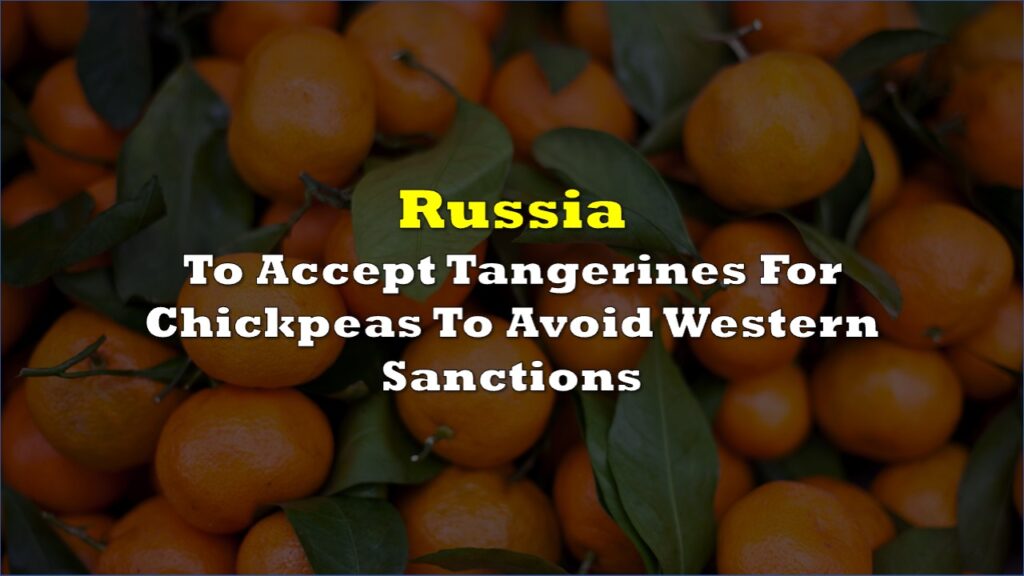In a significant geopolitical shift, Russia has agreed to grant China access to navigate the Tumannaya (Tumen) River, enabling Chinese ships to reach the Sea of Japan. This move has broad economic and security implications for the region and underscores Russia’s growing dependency on China amidst Western sanctions.
The agreement, which also involves North Korea, allows Chinese vessels to traverse the final 15-kilometer stretch of the river, currently blocked by a Soviet-era bridge and requiring permissions from Russia and North Korea.
The Tumannaya River, historically contested, flows along the borders of China, North Korea, and Russia before emptying into the Sea of Japan. Control over this strategic waterway has been a point of contention since the Russian Empire took it from China in the 1860s. China has long sought access to facilitate economic and military reach in the region.
An observer on X commented on the broader implications of this agreement: “Putin is giving Russian territory away to China to avoid China taking it by force. This will be a catastrophic move from a military perspective, but Putin has nothing left to trade with China to keep the peace.”
Putin is giving Russian territory away to China to avoid China taking it by force. I have published a number of threads about the deep seated problems Putin faces with China, framed in the “unequal treaties” that will see Vladivostok eventually ceded back to China, leaving Russia… pic.twitter.com/bgAzxRlrWQ
— Beefeater (@Beefeater_Fella) June 17, 2024
From an economic standpoint, this route offers substantial benefits. The three eastern Chinese provinces will gain a shorter sea route to Japan, North Korea’s eastern ports, and potentially to the United States, reducing sailing time and transportation costs significantly. Moreover, it allows China to deploy naval forces in the Sea of Japan, enhancing its strategic military reach.
Wang Wen, executive dean of the Chongyang Institute for Financial Studies at Renmin University of China, emphasized the economic benefits: “Allowing larger vessels to navigate through will facilitate the cheaper transport of Chinese supplies by sea and promote economic exchanges with northeastern Asia, including Japan and South Korea.”
Russia’s increasing reliance on China is a key driver behind this agreement. Since the imposition of Western sanctions over Russia’s invasion of Ukraine in 2022, Moscow has leaned heavily on China for trade. Energy exports to China have surged, and imports of essential goods from China, including electronic components and automobiles, have risen sharply.
The strategic partnership between Russia and North Korea has also strengthened. North Korea has supplied artillery shells and other weaponry to Russia, further solidifying their alliance in the face of international isolation.
The agreement is not without its security concerns. Japan, already dealing with increased activity from Chinese government vessels near the contested Senkaku Islands, now faces the prospect of Chinese coast guard patrols in the Sea of Japan.
Chisako Masuo, a professor of Chinese foreign policy at Kyushu University, warned that this could strain Japan’s maritime security resources: “If China Coast Guard ships become active in the Sea of Japan, Japan will need to divert its own coast guard vessels that are currently monitoring waters near the Senkaku Islands.”
The joint statement by Xi Jinping and Vladimir Putin following their recent summit said they will engage in a “constructive dialogue” with North Korea about the Tumen River. They also outlined plans for expanded military cooperation, including joint drills and patrols in the Sea of Japan.
Information for this briefing was found via Nikkei Asia and the sources mentioned. The author has no securities or affiliations related to this organization. Not a recommendation to buy or sell. Always do additional research and consult a professional before purchasing a security. The author holds no licenses.









